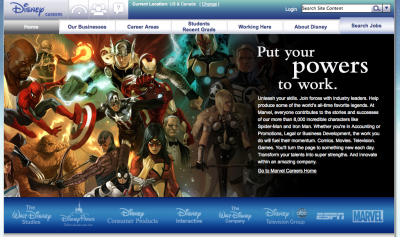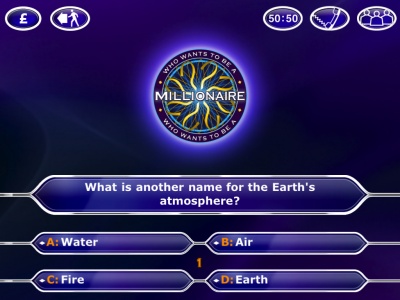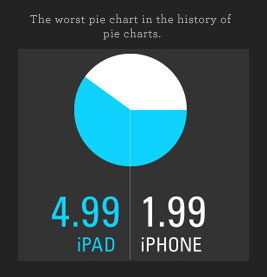Project Michaela&Nicole: Difference between revisions
No edit summary |
|||
| Line 30: | Line 30: | ||
27.05.13 tutorial with Evo for the programming of kinect/ testing <br> | 27.05.13 tutorial with Evo for the programming of kinect/ testing <br> | ||
30.05.13 tutorial with Evo for the programming of kinect/ testing <br> | 30.05.13 tutorial with Evo for the programming of kinect/ testing <br> | ||
31.05.13 title/ company name and descriptive sentence for the project | |||
== Keywords == | == Keywords == | ||
Revision as of 15:14, 28 May 2013
CAT Creative Ability Test
Project description
Artist statement:
In the field of entertainment the production is often outsourced to cheap labour, whereas the creative part is honored. While reflecting on mechanism of the creative industry two sides emerged with a strong ambiguity. This is why we want to question the definition of the creative part on the one hand and the role of the worker on the other hand.
An interactive video installation provides a survey where the spectator can run through 10 questions with 4 proposed answers. As foundation serve different examples of job interviews for companies in the creative industry. The aim is to end up with a result that expresses in percentage to what extend the respondent fits into the profile of either the creative or the worker. An individual batch will be given away to provoke an eventual discussion in the exhibition space about the meanings of the two categories.
Company statement:
We are an independent research group of data analysts using profiling technology. With the CAT - Creative Ability Test we offer a survey that allows individual job hunters to check their potential to work for the creative industry. The respondent can not fail or pass the test, the result rather represents his potential expressed in a numerical form of his achieved level. It is then the company that decides what degree of creativity they demand for their working procedures.
In addition to this individual outcome, the collected data serves for statistic evaluation, which then can be used as guide line for companies working in the field.
Today we offer a free trial version with an extract of 10 questions out of 120. The form of the interactive installation allows the audience to be part of the process, with the aim to start a discussion. Our staff members are present during the day and provide assistance for the participants as well as for any further questions from the public.
How to present it
The form will stay visually simple and emphasize on the content of the questions and the created output.
References for the visuals will be Thomas Demand, computer-generated images depicting working spaces.
The layout of the questions will follow "Who wants to be a millionaire" quiz show.
The final outcome will be visualization of the data collection, divided into two parts:
- individual result
each participants will receive an pie chart of his individual results printed out in a form of badge.
- group result
A statistics chart with all the collected data will be print out and presents as the outcome of the whole exhibition.
How to built it
26.05.13 corporate identity/ questions&answers/ flow chart/ final outcome
27.05.13 tutorial with Evo for the programming of kinect/ testing
30.05.13 tutorial with Evo for the programming of kinect/ testing
31.05.13 title/ company name and descriptive sentence for the project
Keywords
kinect - scale, interactivion, performance, public, transparent, visible
questionary for job, survey, profile analysis
create an oppose between the worker/ producer/ the factory vs the creative/ artist/ the industry
References
Jung Typology Test
Google job interview prep




